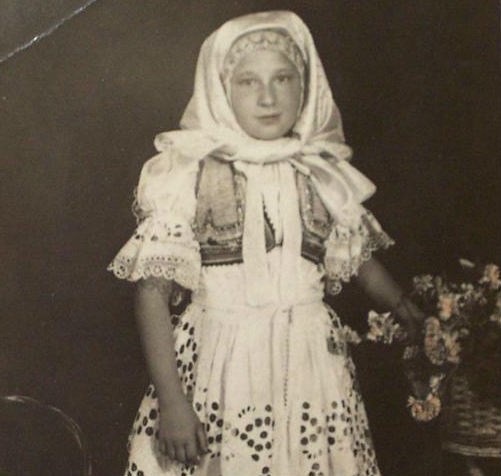
National Park Service, Statue of Liberty NM
In December of 1912, Frank Kudrna journeyed from Sardice, Moravia to America leaving behind his wife, Anna (who was expecting their second child, Marie) and son, Jan. Although Kudrna wanted to send for his family as soon as possible, the onset of World War I, which closed down most European ports from 1914 to 1919, and the First Quota Act, which curtailed immigration from Eastern Europe, prevented that reality for ten years. The separation of families characterized much of the immigration pattern during Ellis Island's years of operation. As with the Kudrna family, war and other uncontrollable events often divided family members between their home country and America. However, family objectives also led to separation. Many men came to America temporarily - they hoped to earn enough money in America so that upon their return to the old country they could improve their standard of living. Other men were intent on creating a new life in America - their families either joined them immediately or sometime afterwards. 
National Park Service, Statue of Liberty NM 
National Park Service, Statue of Liberty NM |
Last updated: December 2, 2015
